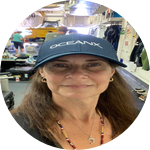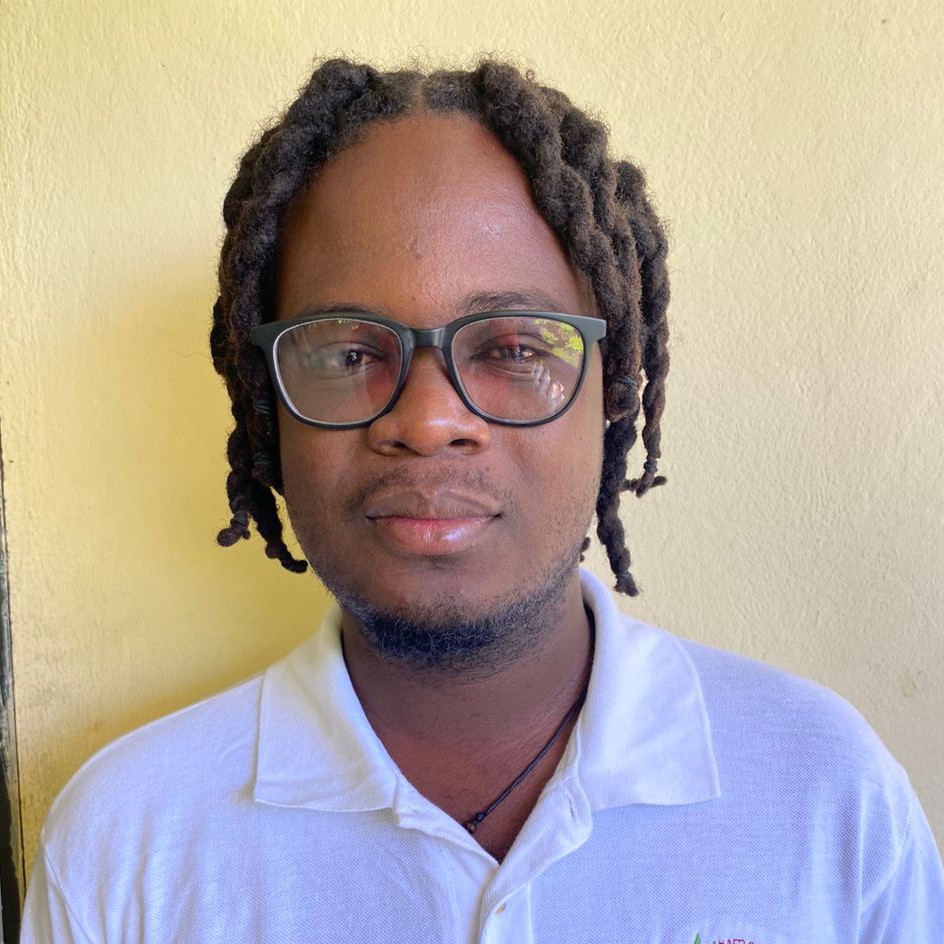About This Project
Information about Haiti’s sea turtle nesting is limited as sea turtles are targeted along the entire coastline of the country. Historically, there are anecdotal stories about nests in certain locations however there is no photographic evidence. This project aims to use satellite technology to gather information about the migration routes of critically endangered nesting female hawksbills in Haiti, to identify the key areas where these sea turtles are attempting to nest.
Ask the Scientists
Join The DiscussionWhat is the context of this research?
Hawksbill sea turtles are a keystone species and critically endangered. This species is currently in decline in the Wider Caribbean and Western Atlantic. There is currently no data in Haiti about hawksbill nests. Therefore, it is critical that we determine where the hawksbills are attempting to nest along Haiti’s coastline, using satellite tagging to gather data about their routes, where they forage (feed) after nesting season ends and the areas that should be protected. This data will be used to develop a management plan for Haiti's sea turtles in conjunction with the Haitian government.
What is the significance of this project?
This project will establish a community supported hawksbill sea turtle conservation program, using ocean monitoring technology. The important data collected through the satellite tagging of sea turtles will be analyzed and catalogued. This data will be valuable as it will reveal information about the location of beaches where these hawksbills will travel to lay their eggs and the journey they take after.
We will then share this data with the Haitian government, to prioritize these species in Haiti and strengthen protection for these sea turtles in our country. These sea turtles are caught/killed along the entire coastline of Haiti, including nesting females, making this a national concern. It is important to ensure their survival now and in the future.
What are the goals of the project?
Using GPS technology, we will be able to track the hawksbills in near real-time upon their release, identifying key areas of their use in Haiti and potentially how many nests each turtle lays in a season. We will follow them for a duration of up to six months, however we will analyze the data acquired after three months to write our report. Our goals are to apply satellite tags to seven nesting female hawksbill sea turtles to determine their movements and patterns and where they are attempting to nest, train local fishers to teach them about the satellite tagging process, and to observe and help monitor the hawksbills as they navigate through the Haitian waters and develop a database for all satellite tag data to be processed and analyzed sharing this with the Haitian government.
Budget
Most of our budget is for buying 7 satellite tags to place on adult female hawksbill sea turtles. We also plan on conducting training workshops for fishers, to teach them about the purpose of the satellite tags and how to protect these sea turtles from getting caught/killed as they navigate through Haiti's coastal waters. The Olympus underwater 12 Megapixel digital camera will be used to document the sea turtles as they are released with the satellite tags on their shells, to observe the initial movements of the hawksbill.
We will also collect and process the data for analysis to present to Haitian government. We will use the fuel for our vehicle and boat to travel to communities where we will place satellite tags on the hawksbills.
Endorsed by
 Project Timeline
Project Timeline
We expect to begin the project at the beginning of May 2023 where we will train fishers to learn about the tagging process and help us as we track the movements of satellite tagged hawksbills. In the height of sea turtle season during May, we will begin placing satellite tags on 7 adult female nesting hawksbills, tracking their migration and sharing that data with the fishers and communities. We will write a final report to share with local stakeholders and the Haitian government.
May 01, 2023
Project launched
May 02, 2023
Project Launched
May 06, 2023
Begin satellite tagging of seven hawksbills
May 20, 2023
Begin fisher training to teach them about research
May 21, 2023
Tracking sea turtles
Meet the Team
Francklin Barbier
I have my entire life in Petite Riviere de Nippes, growing up with my family close to the ocean. Since childhood, I was passionate about the sea, but had no opportunities to learn about the marine environment until I became involved in Haiti Ocean Project in 2012. I always loved fishing and had an interest to learn more about the underwater environment and felt a need to want to help marine life. Since becoming a part of Haiti Ocean Project, I quickly realized my compassion would be a strength. From the first time I helped rescue a sea turtle, I decided to take on the role of sea turtle coordinator, which I have become recognized for. This year I have already saved over 150 sea turtles, many of them juvenile green sea turtles, which are the future generation of their species.
I am working as a coordinator and in partnership with Loggerhead Marine Life Center to create a Creole book written by seven Haitian youth about sea turtle conservation. I was awarded the North American Association for Environment Education (NAAEE) EE 30 Under 30 Class of 2021. I was the coordinator for Adobe Youth Voices program organizing workshops with youth to create digital
storytelling using Adobe Photoshop and Premier Elements. I am a contributor to four abstracts accepted at four different conferences. I am a PADI advanced open water scuba diver and will be involved with a major coral reef restoration project in
Haiti. Most recently I was named a fellow at the New England Aquarium's Marine Conservation Action Fund.
Project Backers
- 3Backers
- 102%Funded
- $10,105Total Donations
- $3,368.33Average Donation


